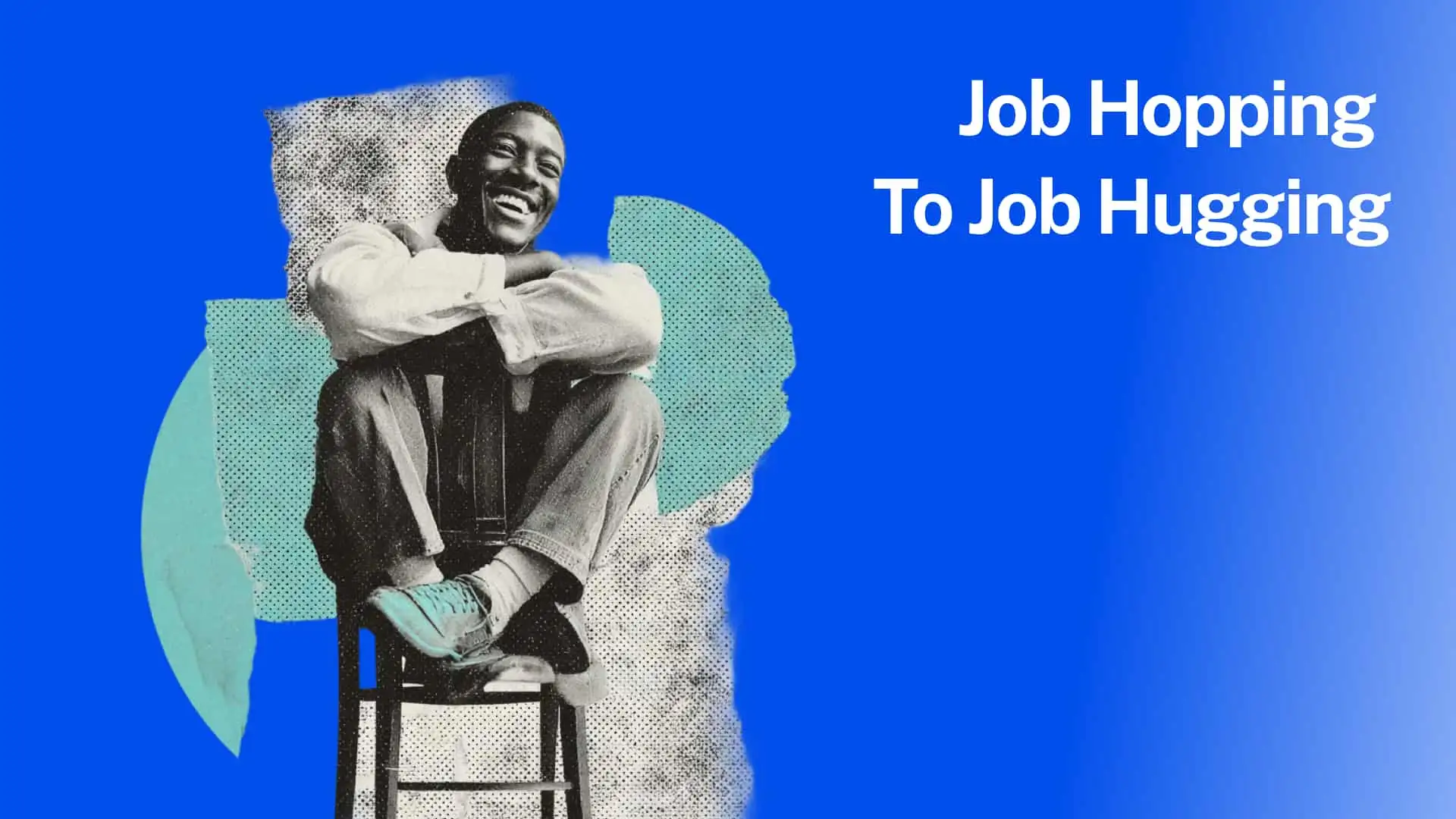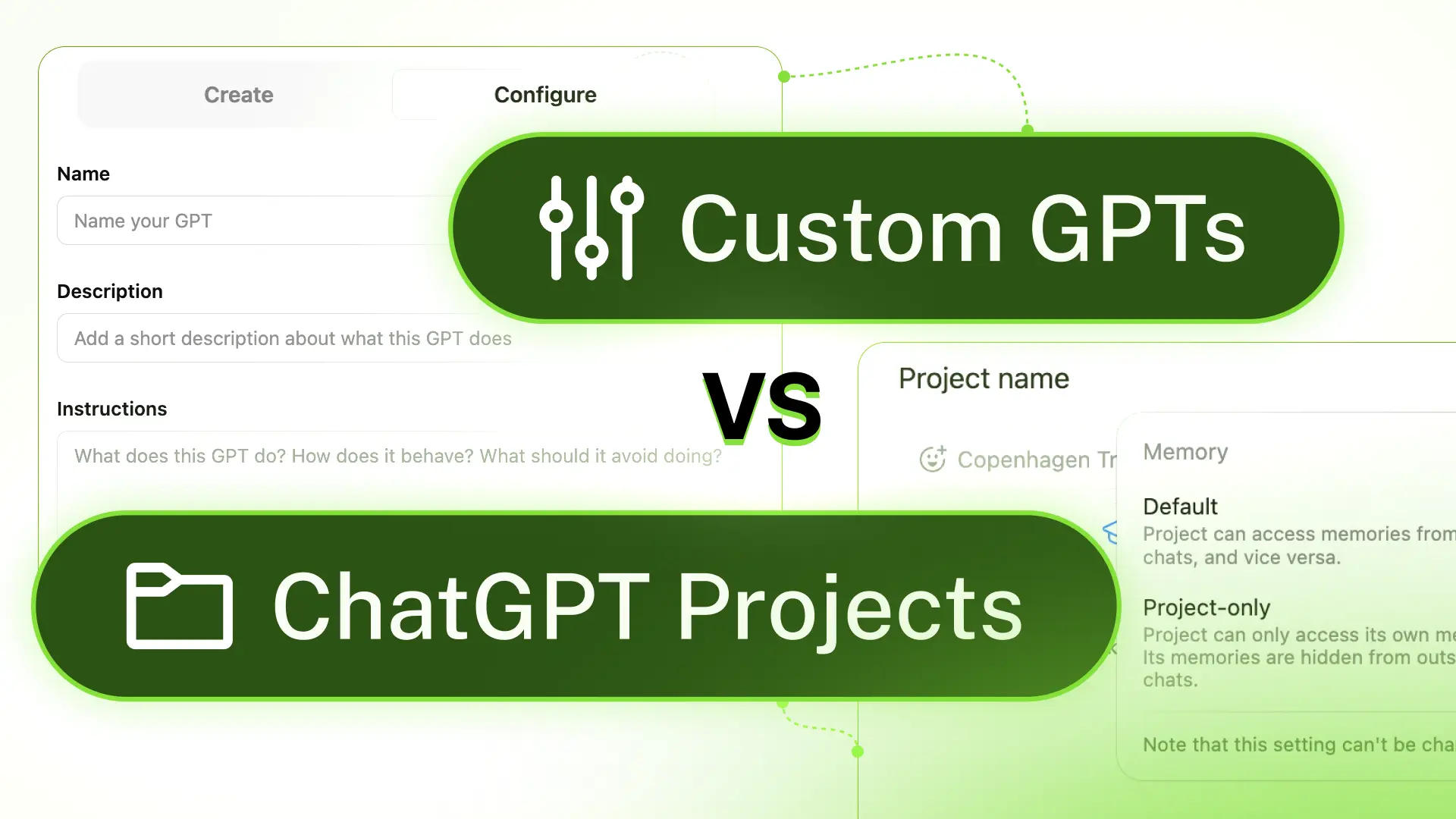How do we successfully manage teams in the age of remote work?
That’s what I asked Jennifer Dulski, founder and CEO of Rising Team.
After working for Yahoo!, Jennifer became co-founder and CEO of The Dealmap, acquired in 2011 by Google, where she spent almost two years as a senior executive.
She joined Change.org as COO and president and played a leadership role at Facebook.
In April 2020, she founded Rising Team, a platform our teams at FlexOS and Dreamplex have loved using to easily run awesome team development sessions that increase connection and engagement.
Jennifer writes about leadership for LinkedIn Influencers and Fortune and is a Stanford Graduate School of Business management lecturer.
Her first book, Purposeful, about how we can be a movement starter, became a Wall Street Journal Bestseller.
In our terrific conversation, which you can download on Spotify, Apple Podcasts, and YouTube, we discussed how managers can lead hybrid and remote teams successfully:
It’s still about good management. While many things are different now, the basics of good management still stand. For Jennifer, these are the four C’s:
- Clarify: where are we going, what is the vision? How does your work relate to what we’re trying to accomplish together?
- Coach: great managers know each person on the team as an individual. Your preferences, working styles, talents, and how you want to be appreciated are unique. Jennifer says it’s one of the most important things she teaches at Stanford: you need to understand what motivates each person on the team and not assume it’s what motivates you.
- Connect: How do you make the team feel like a team? This is what will make them effective. During the pandemic, this became much harder to do, and you now have to be more intentional about connecting when people aren’t physically together.
- Consistently: You have to do all these consistently and frequently. Keep sharing the mission, and keep investing in coaching and connecting.
Managers are more important than ever but struggle. A McKinsey survey showed employees want to feel valued, a sense of belonging, trust, and care, and that can’t be delivered top-down. Like a sports team, Jennifer chose the identity and language for Rising Team because she believes great managers are like sports coaches. But managers are struggling the most; they’re the least supported. They often don’t have the tools to deliver on things like belonging and trust.
Companies need to support managers better. Companies are cutting managers – putting more people in teams. That makes it impossible for managers to do a great job, as managing takes time and energy.
Companies also need to invest more in manager’s ability to lead well by:
- Setting the right high expectations
- Offer the support to get there
- Require their action and delivery
From her experience in non-profits, Jennifer saw that managers can become truly empowered when companies provide these three elements. We underestimate how much more teams can accomplish if we invest a bit upfront. And many leaders say they don’t have time and money, but it doesn’t have to be expensive anymore.
Psychological safety is key in the future of work. Jennifer explains that psychological safety is when people feel safe to express their thoughts, ideas, and concerns without fear of negative consequences. Google’s Project Aristotle found that it directly creates high-performing teams. It has four stages:
Inclusion Safety, Learner Safety, Collaborator Safety, And Challenger Safety. A bit on inclusion safety. People feel safe for what they bring and are included in their preferences and talents. This can be as simple as a personal user manual detailing when you’d like to work and what you want your team to understand about you.
Some quick tips:
- Be vulnerable. Jennifer shares the importance of the team leader going first.
- Include all voices. Ask a question and let people write down their thoughts first so there’s room for everyone’s voice, including introverts.
- Ask good questions. Asking ‘is everyone on board’ is horrible for psychological safety. You want to ask questions like ‘Is anything missing?’ or ‘What do you see that could be wrong here?’ Ask questions that invite people to point out.
Traditions are critical in distributed teams. As Jennifer is now running a remote team, she highlights the importance of rituals. This can be as simple as wearing a themed outfit at a virtual meeting or asking a random question daily. Or even just asking if people have something to share with the group.
Practice F.O.W.M. Jennifer had a difficult experience when her daughter got into a playground (she’s recovered fully!) People don’t lie on their deathbed saying, I wish that one more OKR. They’ll think about the people that mattered to them and the things they did that mattered. So forget about FOMO and focus on FOWM.
You can find the full episode and transcript here:
Transcript:
Daan: During the pandemic, you launched the Rising Team. What was the idea at that time, and how has it changed since?
Jennifer Dulkski: I started the Rising Team at the beginning of 2020, as none of us knew that there was a global pandemic coming. I did so to build the tool I wish I had had. I've been leading teams for 25 years, and I always felt our organizations were most successful when the teams were successful and when people felt cared for, empowered, and supported.
I didn't feel I had the tools I needed as a manager. Even when I had executive coaches and fancy trainings and so forth, it was being taught to fish and then going back to the lake with a binder instead of a fishing pole. I ended up packing together a bunch of tools to use with my teams, but I never felt I had what I needed.
The idea behind Rising Team was to give all managers and leaders scalable products so that they could learn how to be great leaders and then have the tools to bring those concepts to life with their teams.
What changed is that the thing I thought was important to me in my whole career suddenly became urgent and critical because, all of a sudden, not only was it hard to find the right tools to support your team, but everybody was remote and hybrid.
It was a big unlock for us from a product standpoint. The original version of Rising Team was built for managers to use one-on-one with each of their team members. When the pandemic hit, everybody said to us, "Oh, my gosh! I just need something to use with my team as a whole. How do I make them feel like a team?"
We rebuilt Rising Team to be a team product, and that was the big unlock for the company.
Daan: That's wonderful! You just said that the fundamentals of how to run a team successfully are well documented.
With all these things that are changing in the world of work, the way that we work together, and the places that we work from, what are some of the things that are still the same? What are some of those foundational things that every team manager should know?
Jennifer Dulkski: I call them the 4 Cs. Not everyone may label them the same way. Part of the reason we call it Rising Team, our brand, colors, and theme is that we are very sports-oriented because great managers are in many ways like great sports coaches.
The first thing they do is "Clarify," which is, where are we going? What is the vision? How can you understand how your work relates to the purpose and mission of what we're doing? What does winning look like? So everybody has to be clear on what that is and feel personally how they impact it.
The second C is "Coach," which means great managers understand each person on their team as an individual. They know that your preferences, your working styles, your talents, the way you want to be appreciated, etc. are unique.
This is one of the most important things I teach in my class at the Business School at Stanford: you need to understand what motivates each person on your team, and don't assume it's what motivates you because it rarely is.
The third C is "Connect," which is how do you make the team feel like a team?
Did you watch Maverick, the Top Gun movie? I love both of those movies, but one of my favorite scenes in the second one is when he takes them to the beach to play football, and the admiral comes and says, What are you doing here? You only have two weeks to complete this critically important mission. And he turns to him and says, "You told me to make them a team, sir." And that's the thing.
If you don't make your team feel like a team, they won't be effective.
Then the fourth C is "Consistently." You have to do them regularly. You can't assume that if you say your mission once, everyone will get it forever. You have to repeat it over and over again. This is why the Rising Team sessions are done. We recommend twice a quarter. You have to invest in those things regularly in order for them to work.
Those 4 Cs have been the same long before the pandemic ever started or people worked remotely. That's why I joke. It's like we built Rising Team because the 4 Cs were necessary. It's just that what happened in the pandemic was that the Connect "C" became much harder to do. More important because you have to be a lot more intentional about it when people aren't physically together.
Daan: The really interesting thing is in a lot of the conversations that managers may have hybrid and remote problems but all the actual problems come from the foundation about the people and how they work together. And sometimes they need a platform like Rising Team to look at the foundations first and not worry so much about being a distributed team problem, this just about how you work together, psychological safety, trust, etc..
And one thing that I thought was really interesting, I wrote an article last year about the importance of managers specifically in solving some of those challenges at the team level, that's also where you're really focusing. Even though we hear a lot from our leaders and from company leaders, why are the managers so important? And maybe if they are so important, what can they do to be more effective?
Jennifer Dulkski: Managers are the key to everything here. The reason is that the things that employees want that employers are overlooking cannot be done top-down.
One of my favorite studies came from McKinsey. They did a global study and asked employers what they thought employees cared about, and then they asked employees what they cared about. There's some overlap. Compensation is a good example of something everybody knows people care about.
But there's also a whole set of things that employees care about that most companies are underdelivering: things like feeling valued by my organization, feeling a sense of belonging, having trust and care with the people I work with, and having a clear sense of my path for growth inside this company. Those things just can't be done top-down.
You can't have a CEO come out and say, "Today, everyone is going to feel valued and like they belong." It has to be done team by team, manager by manager, at the ground level. We did a survey. We put out one in the spring called "Evolution of Teams."
The data was clear: the managers are the most important, but they're also struggling the most. They are the most burned out. They feel the least supported by their own managers, and they're just caught in the middle. They feel so pressured to hit all their goals, and so forth. And then, on top of that, they don't have the tools to do it.
Even if you say, "You have to make sure your whole team feels like they belong and feels like they're supported by you," And if you don't give them any tools and they're pressed for time, how are they supposed to do it? It's close to impossible.
That's what we're trying to do: give them the tools to make it easy. Plug and play; you pick a kit, you press, and go. The hardest thing, to be honest, is still just setting aside the time to do it.
Daan: If managers are so important, are organizations themselves underestimating the importance of people managers? Are there some things that we can do at an organizational level to make the managers more successful?
Jennifer Dulkski: Well, the first thing is to believe in their existence. If you look at large tech companies right now, things like the year of efficiency, for example, are just getting rid of managers across the board. What that's doing is causing people to have much larger teams.
If you used to manage a team of 5 or 7 and now you manage a team of 20, it's difficult to expect you to understand each one as an individual, coach them, care about them, support them, and still get anything else done.
The first thing I would say is, "Don't make your managers manage too many people if you want people to feel invested and supported."
The second thing is that we have to give them tools, training, and support. As an example, early in my career, I worked at a nonprofit, and I founded a local site of a nonprofit that was meant to help motivated, under-resourced kids become the first in their families to go to university.
This program is so unique. You take all these kids; they're really motivated, but they don't know the path because no one in their family has ever done it and they haven't had the support. To be honest, no one has ever set the expectation for them that they can do it.
In this program, they have to do a big application. They go to this program in the summer, and the teaching is all done by high school and college students. So you have middle schoolers—12-year-olds being taught by 18-year-olds. But what that does is model for them what's possible.
The key formula had four things. One was set with high expectations. In this case, we believe that you can go to college. That was the expectation. The second was to support them in being able to do that. It's not enough to just set expectations. You have to offer the support, the tools, the help, and the assistance, and that's what they did.
Then, once they have the tools, you require their action and delivery against the milestones. For these kids, for instance, you had to be able to take algebra by the time you were in 9th grade. If they did their hard work in the summer and went to algebra, they were on that path. What I saw from this program is that if you set the right expectations, offer support and tools, and require practice, then people can absolutely achieve their very high expectations. So, if what we want to do is empower managers, we need to do just that. We need to set expectations, provide tools and support, and require practice against the milestones. That's what it takes. And most companies, at least, don't do all of those steps.
Daan: Any guess as to why they don't?
Jennifer Dulkski: Honestly, I can look back at previous places in my own career where I was leading a big team and managers were coming to me asking for help and more training and support. It was a combination of not having time, not having a budget, and not realizing how important it was. In the past, I've probably underinvested in those things, too. It's not a criticism of people's understanding. It's just the reality of business. I think what we underestimate is the power of how much more teams can accomplish if we invest a little bit in them upfront in this way.
Daan: Okay. I think that sometimes you need to take a step back and look at what you're doing and what's possible, and there is more potential there. Teams can rise. So I think that's a good one.
Jennifer Dulkski: It can be affordable. That's the other thing. I remember before we had tools like this, you had to think, "Oh, my gosh, am I going to bring in a facilitator? That's going to cost 25K, and how am I going to do this?"
The idea here is that you get the interactivity, excitement, and engagement of having an outside facilitator, but at the cost of a regular SaaS product. In a much more affordable way and in much less time.
Again, whether it's Rising Team or any other tool you use to do this, if I go back to my blockers, there wasn't enough time, there wasn't enough budget, and I wasn't sure how important it was. If we can persuade people that it's important, then I think there are now ways to do it with much less time and much less budget.
Daan: Definitely! It is pretty incredible. One of the first kits that we did was psychological safety, which is something that I had heard about, but again, I would never have even made the effort of going on Coursera or YouTube and finding some kind of lesson or training about that and then facilitating a session with a team.
But you prepare that in the key content—the key things we need to know—and then exercise to become familiar with the concept and build psychological safety.
Because I think it was one of the ones that really stood out to me and the team, can you share a bit about what psychological safety is? Why is it so important, and how can we help teams build it?
Jennifer Dulkski: Sure. Psychological safety means creating an environment where employees feel comfortable expressing their thoughts, ideas, and concerns without any fear of negative consequences.
You can look at environments when you don't have psychological safety. There are major consequences, like the software error and the Boeing airline, where people presumably knew that there was a problem but nobody felt safe enough to speak up. Then they had a major safety issue. So, the consequences of not having psychological safety are high, especially at some companies.
The benefits of having it are that teams that have psychological safety are more innovative, more creative, more engaged, have better attention, make fewer errors, and all that stuff.
Google did a big project called "Project Aristotle," where they studied all the different factors of the highest-performing teams in their company and the teams that were lower-performing. And they found that psychological safety was the number-one most important factor driving high-performing teams. So it is critically important.
It has four stages. The Rising team kit that you did is about stage one of psychological safety, which Tim Clark, who wrote that book, calls "Inclusion Safety," which is how do we make people feel safe for what they bring to the table? They should feel included, whatever their preferences, their talents, etc. And the kit that we developed for inclusion safety has an activity called user manuals, which is used in a lot of workplaces. Now, the idea is, if I were an appliance, how would I operate? The reason that kit works so well is because it builds over time.
One thing we know about psychological safety is that you can't just say, "Today, everyone is going to be psychologically safe." And boom, it turns on. You have to build it by building trust over time. The session starts with a lightweight warm-up and some icebreakers, and then it goes into working style preference questions, which are easier to answer, such as, What times of day do you like to work? When is it okay to interrupt you? Then it builds from there into deeper, more vulnerable questions like, What do you struggle with at work? Or what do you want your team to understand about you?
The reason that works is because you build it up over time, and there's also a step where the team leader has to start by modeling and sharing a story about something they struggle with.
This is another reason why a tool like Rising Team is very different from traditional training because you can always put leaders in a room and tell them they have to be vulnerable with their teams. What you can't guarantee is that they will do it when they leave that room.
But if you're in the middle of a session and there's a page that says "Team Lead," "Go First, or "Share a story about a struggle," everybody sees that. There's no way out of that. You've got to share it. And presumably, if you do, then your team sees you as vulnerable, and they become more vulnerable over time.
So what we've done now is build a session for each of the four stages. So there's one for inclusion safety, one for learner safety, one for collaborator safety, and we're just now building the one called challenger safety. It's called "Speak Up Culture."
In addition to running the full sessions, we also have little tips that people can do in between the sessions or outside the sessions. Maybe I can share a couple of those now for people who aren't going to use the full kit so that they have a few quick ones.
The first one, as I mentioned already, is to be vulnerable. The more you, as a leader, can share stories of things that have been hard for you, the more likely your team is to do that.
The second one would be something we call "include all voices." So one of the things that we see in teams is that some people are very fast to speak up, while other people are much slower and need time to think, and so forth. And so you can try things like asking a question and having people write down their thoughts first, then asking everybody to share their written thoughts, so that you make sure that there's room for everybody's voice, including introverts who need some time to think.
One other tip is to ask good questions. So things like, "Okay, is everybody on board or does everybody agree?" Is a horrible question for psychological safety?
What you want to do is ask pointed questions like, is anything missing? Or what do you see that could go wrong here? Specifically, ask the question of the thing you want people to point out, and that's much more likely to elicit the types of answers you want.
Daan: Incredible! They're very simple. They require no budget and very little time. All it takes is for people to understand that this is important and then apply some of the lessons. Thanks for sharing that great value.
I'm also very curious. You come from these very big organizations—Yahoo, Facebook, and Change.org—and now you're running your own team. What lessons are you applying now? You're in a different kind of seat now; are you able to apply all your own wisdom? Do you still run into challenges?
Jennifer Dulkski: I say that most of these things are a little bit like climbing a mountain. Some days are sunny and you can see the top, and other days are cloudy and a big storm is coming. That's true of startups. It's also true of big companies. But I'd say we definitely try.
The first thing is that we have a clear set of values as a company. They're posted on our website. When I first got to change.org, it had been around for several years, and they had never articulated company values, even though they had them. Presumably, you have values, whether you articulate them or not. You are living by some kind of set of values, and so one of the first things I did when I got there was help them articulate those.
One of the benefits of starting a company is that you can do that from the beginning. On day one, we start with mission, vision, and values, and everybody who gets hired is interviewed by our values. The performance review process is called "contribution reviews." Everybody sets goals, not only for results but also for values, and they get measured every month. They measure themselves by how they're doing on values. So we do that.
The second thing we do is use our own product fairly consistently. We put it in our company goals to run X number of Rising Team sessions per team per quarter, and that does help us be deeply connected and grow together.
The other thing we do, and I know you are excellent at this, so maybe you should share some ideas here too, is that we have a number of traditions that we use that help us feel like a community, even though we are all remote.
Things like all team calls are themed, and everybody always picks a background and dresses up so that we're all in the same theme, and we talk about it. We also have a tool we call the "Magic Hat," which asks a different question of our team every day. And a Slack message says we should offer it as part of the Rising Team also. So I'm happy to give it to you if you want it. But it asks a fun question every day that people are answering, and there are all sorts of traditions like that that we do that help a lot.
Daan: Definitely! I think one of the main changes that we've made in the last couple of months is to never start any meeting or anything that we do without breaking the ice.
Going back to your point, to make your team very engaged, especially in a hybrid or remote setting, and to bond people together, it's not a big thing. It's not an expensive thing that doesn't even need to take a lot of time. But we just made it part of our culture that sometimes we're all sitting together or on a call together. We're almost getting into the work, and someone will always raise their hand and say, "Wait, wait, wait, wait. It's icebreaker time first."
It's just something to do when there are so many tools out there and so many ways to do that. It can involve answering questions. It can be a small game that we play online, like Pictionary, or we use this tool called "Gartic Phone," which is an online version of playing the telephone game where you pass on things by doodling and guessing.
But all of these things help connect us as people, and then we can get into the work. So doing that twice a week at this point, because we have twice-a-week team meetings, is incredibly helpful. I think it is all about keeping that sense of humanity, and then we can go into the business and talk about why we didn't hit our KPIs.
Jennifer Dulkski: That's right. We always do a check-in at the beginning of meetings, and sometimes they're fun and upbeat and sometimes they're not. Someone has something big going on in their life and they want to share it or just need to talk about it. We have another session that is popular right now around resilience, and the beginning of it has anybody check in on their own resilience levels and share that with each other because, the truth is, some days people might have a lot going on that is related to work or totally unrelated to work. If we ignore that stuff, we will never be as effective as a team.
Daan: Absolutely! We need to give people the chance to speak. But again, I think one thing I've also learned from you is that you need to do it in a very inclusive way and in a way where everyone feels safe. Because, again, nothing is worse than calling out publicly or going around the table and saying, "Everyone, share what's bothering you today."
Nothing could be worse for certain people. You want to create it for. You want to create an opportunity for people to share. But you definitely don't want to single people out and say, "So what is your problem today?" So that's another thing I took away.
To close out the podcast, if there was one key lesson, one key thought, or one key wish that you could convey to the world, what would it be?
Jennifer Dulkski: One thing about me, and if anybody reads my book, you'll learn about it, is that I love acronyms. The one that means the most to me is what I call some FOWM. It is the opposite of FOMO, essentially. It stands for "Focus on What Matters," and it comes from a few experiences that I've had in my life that have been quite difficult, one of which is that I have two daughters, and one of them got in a very bad accident on the playground when she was 7, and I was at a work offsite, and it was horrible.
It gave me an intensely deep perspective, and it just made me realize that a lot of the things I thought were important at work weren't that important.
It's not to say that we shouldn't care about our work; we absolutely should. But at the end of the day, I say, "People don't lie on their deathbed saying I wish I hit that one more, OKR." Like they say, did I spend enough time with the people that mattered to me? Did I do anything that matters in my life? And so that's why I say FOWM instead of FOMO.
Daan: Beautiful! Jennifer, thanks so much for being here today. It was great to speak to you.
Stay tuned for more Future Work! We have Edie Goldberg, a leadership coaching veteran and SHRM Foundation Board Member, in two weeks. To get updates on new episodes, subscribe here.





















